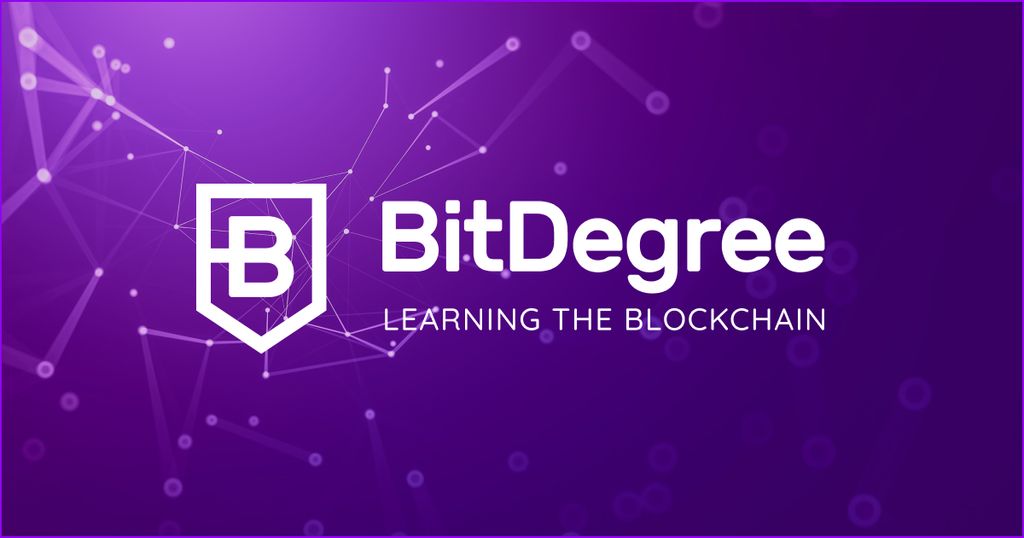Baltimore launches blockchain solution to vacant home problem

According to a report in the Baltimore Sun, foreclosures on vacant homes in Baltimore can take two to three years. It’s a difficult legal process in Maryland.
Foreclosure requires city officials to wait for a title search to determine the home’s full ownership history.
As a result of the multiple title searches required at each stage of the home buying, renovating, and selling process, you may be lucky enough to have it all completed within four to five months. Meanwhile, empty homes can attract animals, crime, and dangerous situations.
Baltimore orders residential real estate blockchain
But the city hopes to solve that problem with a $225,000 blockchain project. The Appropriations Committee agreed to a contract for this in December. The Baltimore Sun reports:
“During a three-year pilot period, Medici Land Governance will enter records for the city’s approximately 13,600 vacant properties into blockchain, creating a database that is more secure and efficient than the system the city currently uses.”
Blockchain technology can reliably verify ownership of Metaverse real estate in Decentraland (MANA). As it turns out, this technology can also store real estate records in North America.
Baltimore attorney Ebony Thompson said the city will now maintain an immutable chain of custody to avoid having to search for title multiple times. Now the city can certify homes more quickly as they pass ownership to new developers and residents.
The $9.3 Trillion Opportunity in On-Chain Real Estate
Former U.S. President Bill Clinton once praised Peruvian economist Hernando de Soto as the greatest living economist. In his best-selling book, The Mystery of Capital, De Soto writes that the cost and time it takes for governments to maintain accurate real estate records is one of the biggest obstacles to economic development, especially in the Third World.
De Soto argued in his book that a well-developed system of maintaining property rights was key to the first global wealth explosion. The Thomson Reuters Foundation reported in 2016:
“The impact on the 5.3 billion people who lack such rights is stark. People are unable to utilize their resources to create wealth, and their assets become “dead capital” that cannot be used to generate income or growth.”
Baltimore is showing how blockchain can solve this persistent problem. This can help third world citizens leverage their wealth. By recording ownership and releasing liquidity, smart contracts can help the world’s poor take out lines of credit for their own homes. This is one of the most common ways for new businesses to secure the start-up capital they need to expand.
De Soto estimated in 2016 that giving the poor real estate deeds for land, homes and unregistered businesses would unlock $9.3 trillion in frozen assets and convert them into capital for the world’s poor.
The post Baltimore launches blockchain solution to vacant home problem appeared first on CryptoPotato.



